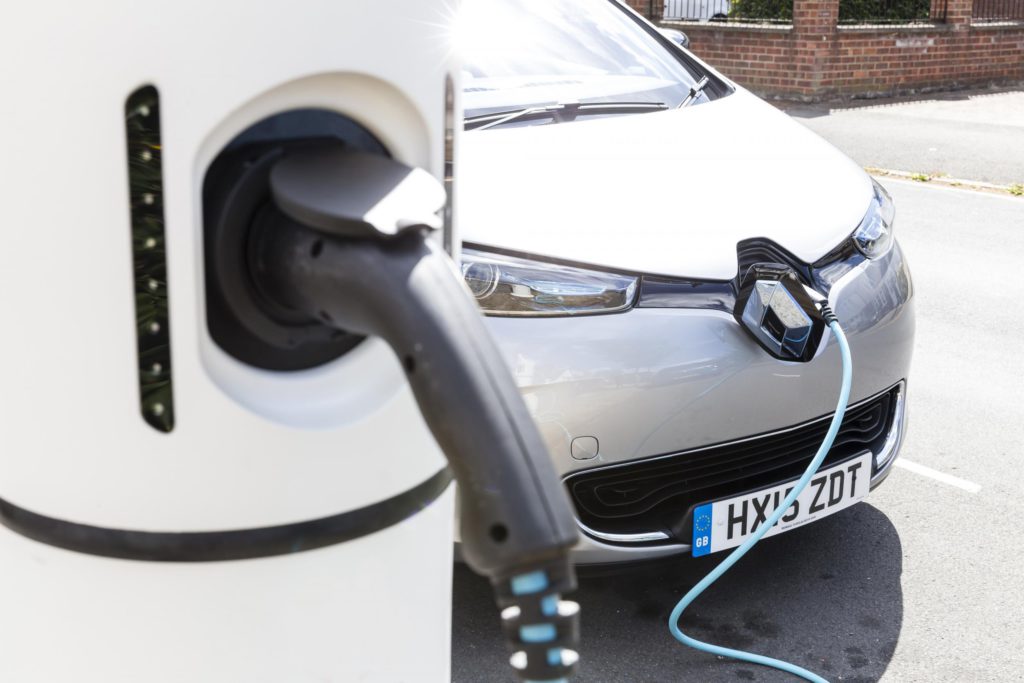Company car drivers still have concerns over EV range and infrastructure
20 August 2019

Company car drivers still have concerns over EV range and infrastructure
20 August 2019
Range anxiety is still a concern for company car drivers in the UK, despite the growing electric vehicle infrastructure.
A new survey conducted by Venson Automotive Solutions reveals that while drivers are widely switched on to the benefits and implications of electric vehicle (EV) ownership, 69% still have concerns with the charging infrastructure.
The findings come as Nissan reports there are now more EV charging stations in the UK than conventional fuel stations and the Department for Transport reports that, at present, the UK has a network of more than 24,000 public charging connectors in nearly 9,000 locations. There is also more government funding available for further charging locations.
In addition to highlighting a wide misconception that there is a lack of EV charging points across the UK, the Venson survey also reports preconceptions regarding limited battery range, which came a close second; 57% of those surveyed reported this was still a barrier when considering an EV.
Better technology
However, according to Go Ultra Low, the range of 100% electric cars is rapidly improving. Huge advances in battery technology and falling costs mean this will continue to grow. Today, virtually all Go Ultra Low pure electric cars can drive over 100 miles with ease on a single charge; some of the latest models are closer to 200 miles or more.
As the UK pursues a zero-emission future, with detailed plans laid out in its ′Road to Zero' strategy, the findings highlight continued concerns over electric technology, many of which are born out of early generations of EVs and the smaller infrastructure as the technology was slow to take off.
′With charging and battery range concerns abated, EV fleets should now be far more appealing to businesses,' comments Alison Bell, marketing director at Venson. ′The revised BiK charges which see zero-emission electric vehicle tax liability for company car drivers fall from 2% to 0% for the tax year 2020-21, will also appeal to company car drivers which should boost demand for EVs in the next 12 months.'
Improved awareness
Further good news is that 86% of motorists surveyed said that a ′lack of clarity in terms of ownership implications as a company car driver' is a thing of the past, and more than two-thirds of drivers said that they have a good understanding of the costs and convenience of owning an EV.
Dealerships are also making it easier for fleet managers to promote a charge towards electric-only. 13% of motorists cited lack of ′try before you buy' options as an obstacle to purchasing and only 5% of people surveyed said they are worried about manufacturer lead times in acquiring an EV. All food for thought for fleet managers.
Alison Bell concludes: ′While our survey findings confirm a greater willingness by company car drivers to adapt to an EV world, there are still some ownership concerns. 41% of people we surveyed expressed concern over the practicalities of being able to charge their vehicle at home. And 30% said they had concerns over service, maintenance and repair costs.'